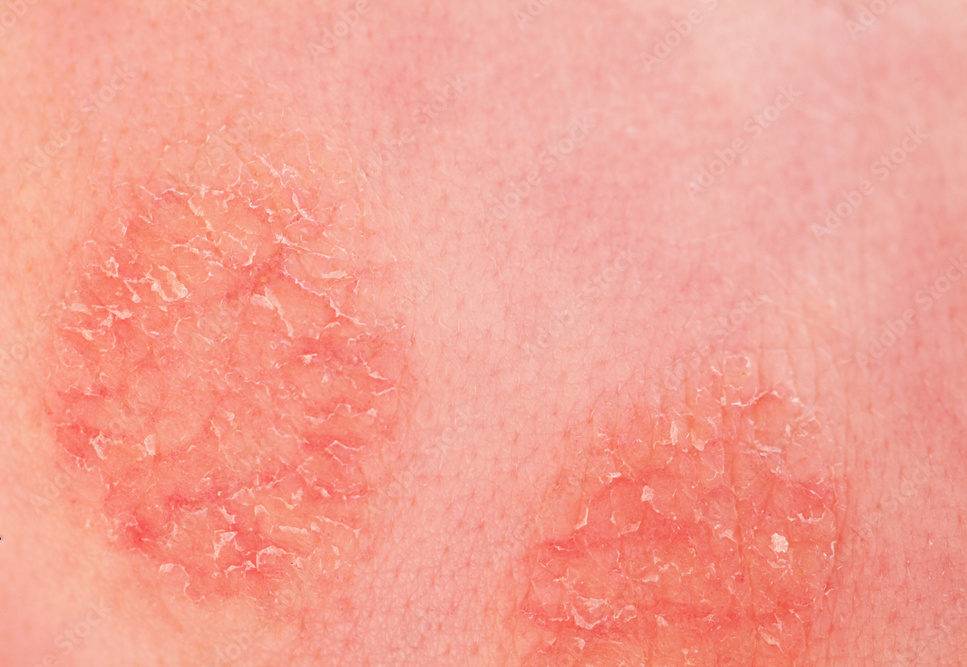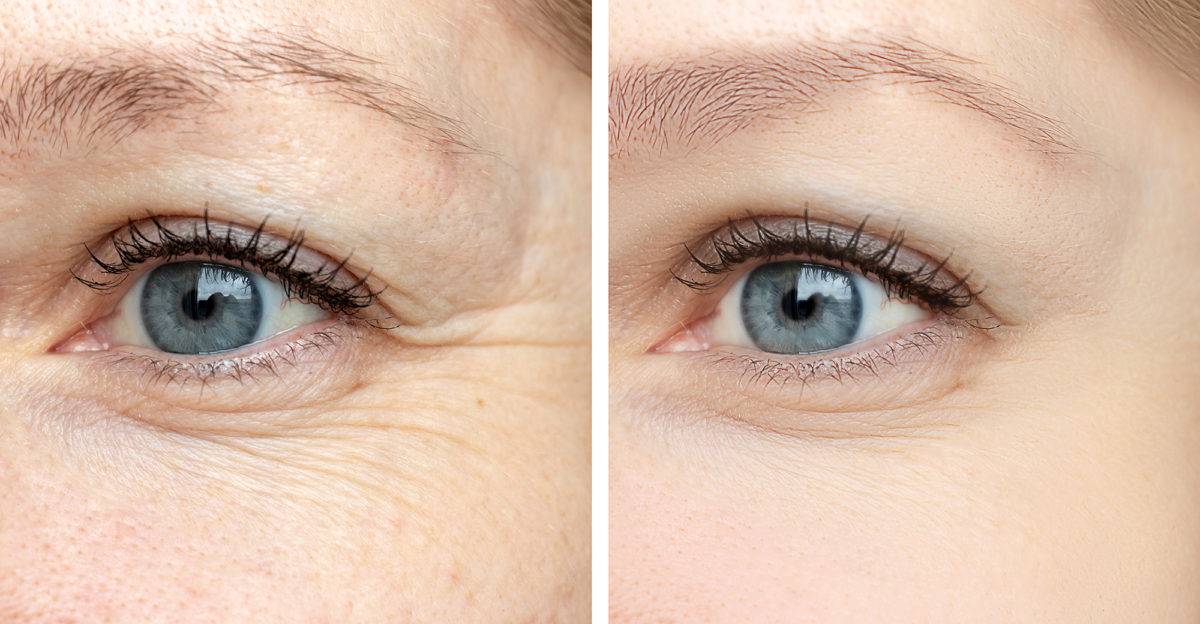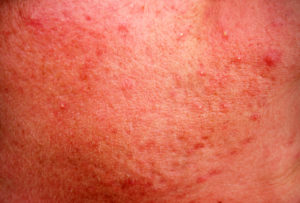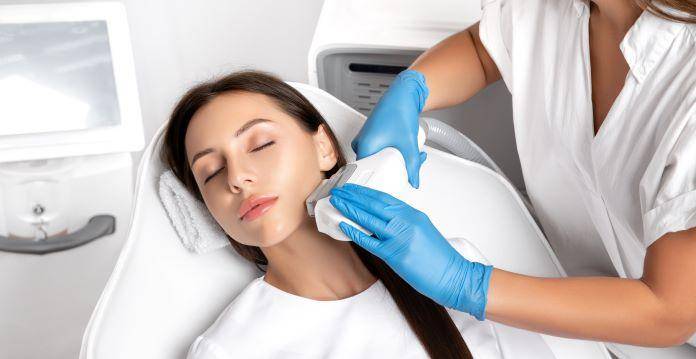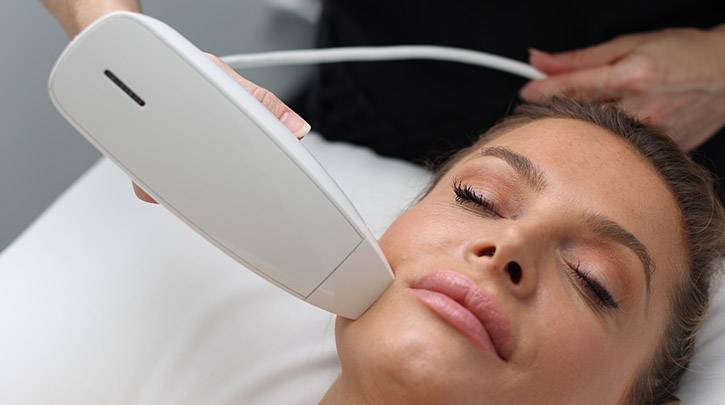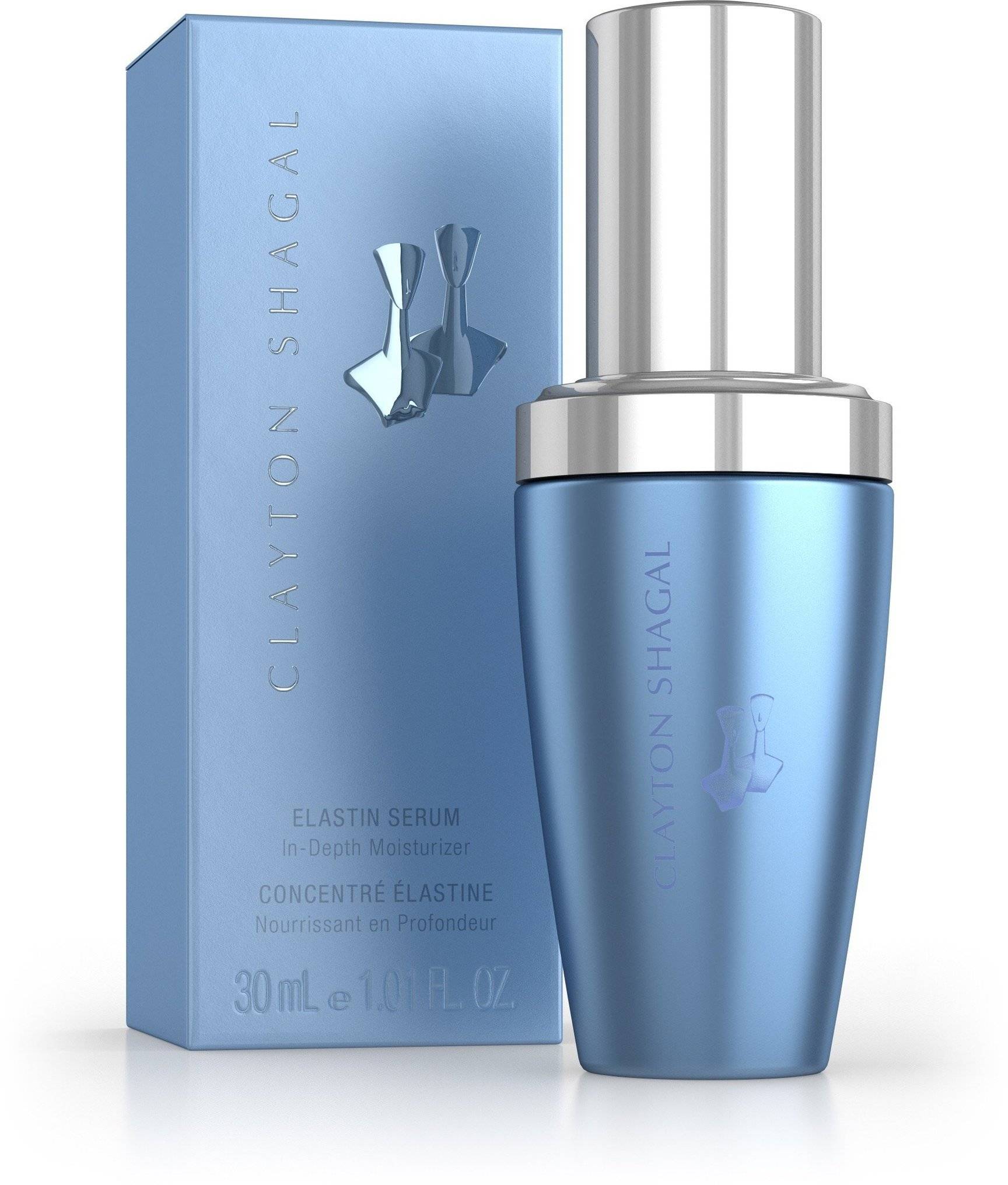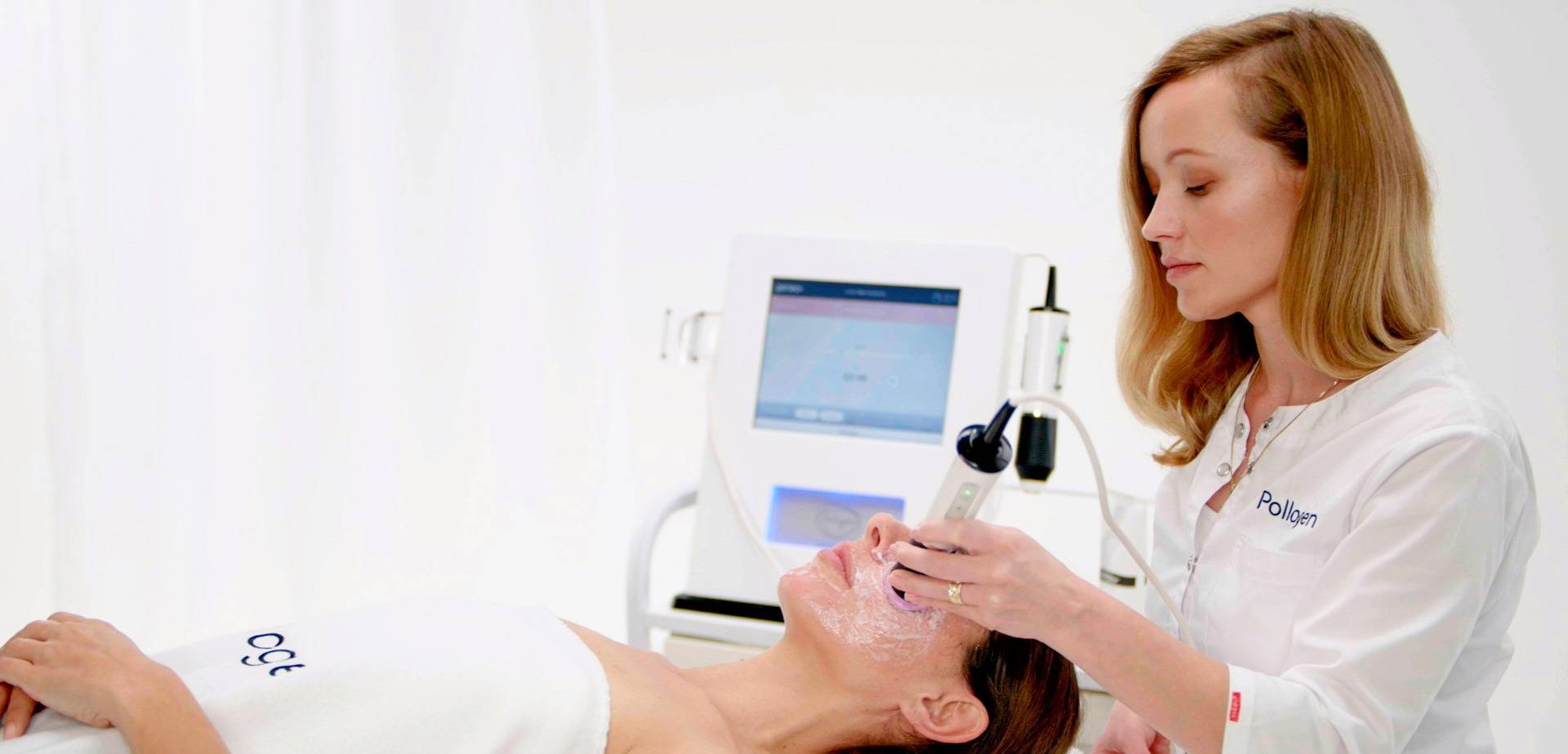≡ Melasma
(aka Chloasma Faciei)
Φ 黄褐斑
Table of Contents
What is Melasma?
Melasma is a common acquired skin disorder that presents as a bilateral, blotchy, brownish facial pigmentation.
This form of facial pigmentation was previously called chloasma, but as this derives from the Greek meaning ‘to become green’, the term melasma (brown skin) is preferred.
Melasma is a common skin problem. The condition causes dark, discoloured patches on your skin.
It’s also called chloasma, or the “mask of pregnancy,” when it occurs in pregnant women. The condition is much more common in women than men, though men can get it too. According to the American Academy of Dermatology, 90 percent of people who develop melasma are women.
Medications and scented products — new targeted therapies for cancer and perfumed soaps, toiletries, and cosmetics may cause a phototoxic reaction to trigger melasma.
Researchers are examining the roles of stem cell, neural, vascular, and local hormonal factors in promoting melanocyte activation.
Who gets Melasma?
Melasma is more common in women than in men, with an onset typically between the ages of 20 and 40 years. Melasma is most common in people who tan easily or have naturally brown skin (Fitzpatrick skin phototypes III, IV). It is less common in people with fair skin (Fitzpatrick types I, II) or black skin (Fitzpatrick types V, VI).
What are the symptoms of Melasma?
Melasma causes patches of discoloration. The patches are darker than your usual skin color. It typically occurs on the face and is symmetrical, with matching marks on both sides of the face. Other areas of your body that are often exposed to sun can also develop melasma.
Brownish colored patches usually appear on the: cheeks, forehead, bridge of the nose, chin.
It can also occur on the neck and forearms. The skin discoloration doesn’t do any physical harm, but you may feel self-conscious about the way it looks.
If you notice these symptoms of melasma, see your healthcare professional.
They might refer you to a dermatologist, a doctor who specializes in treating skin disorders.
What Causes Melasma and risk factors of Melasma?
It isn’t totally clear what causes melasma. Darker-skinned individuals are more at risk than those with fair skin. Estrogen and progesterone sensitivity are also associated with the condition. This means birth control pills pregnancy, and hormone therapy can all trigger melasma. Stress and thyroid disease are also thought to be causes of melasma.
Additionally, sun exposure can cause melasma because ultraviolet rays affect the cells that control pigment (melanocytes).
Factors implicated in the development of melasma include:
Family history — 60% report affected family members
Sun exposure — ultraviolet and visible light promote melanin production.
Hormones — pregnancy and the use of oestrogen/progesterone-containing oral contraceptives, intrauterine devices, implants, and hormone replacement therapy, are implicated in one-quarter of affected women; thyroid disorders can be associated with melasma.
Recommended Treatment for Melasma
- Venus Viva 4D Diamond Polar™ Skin Tightening + Active Collagen Facial
- OxyGeneo Facial
- Brightening Facial Angie 13.56 MHz Thermocoagulation
- Anti-Aging & Firming Radio Frequency Facial
Recommended Resource/Product for Melasma
- Clayton Shagal Clinical Elasthy Extract
- Clayton Shagal Clinical Colhy Extract
- Clayton Shagal Idratense Cream
- Clayton Shagal Nutri Sublime Cream
- Clayton Shagal Illumine Cream
- Clayton Shagal Elastin Serum
- Clayton Shagal AHA Exfoliating Mask
- Clayton Shagal Mokaccino Mask
- Clayton Shagal AHA Scrub
- Clayton Shagal Bamboo and Honey Exfoliant
- Clayton Shagal Milk Cleanser
- Clayton Shagal Purifying Gel Cleanser
- Clayton Shagal Collagen Serum
- TIZO2® FACIAL PRIMER SUNSCREEN
- Non-Tinted Matte Finish SPF 40
- TIZO ULTRA ZINC BODY & FACE
- SUNSCREEN non-tinted dewy finish SPF 40
- Nano White Effect Brightening Gel Masque
- Clayton Shagal Clinical Colhy Gel
- Clayton Shagal Clinical Elasthy Gel
- Clayton Shagal Collagen Gel Plus
- Clayton Shagal Elastin Gel Plus
- Clayton Shagal Collagen Gel
- Clayton Shagal Elastin Gel
On What Matters
Conditions & Care

When We Fail: How a Dropped Camera Taught Us About Hope, Faith, and the Beauty of Messing Up
When things fall

The Comprehensive Skincare Guide for All Skin Types and Complexions – OUTDOOR EDITION
selfology.co/skincare


